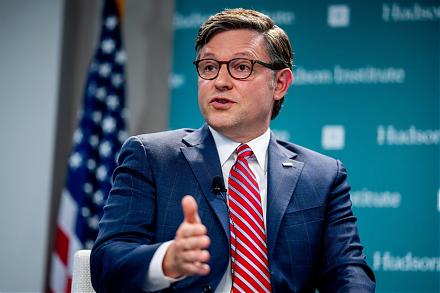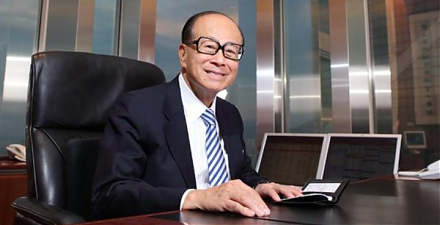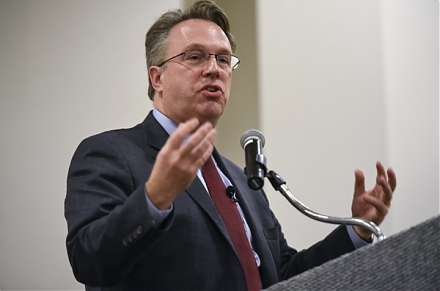

2019-01-23 11:32:00 Wed ET
treasury deficit debt employment inflation interest rate macrofinance fiscal stimulus economic growth fiscal budget public finance treasury bond treasury yield sovereign debt sovereign wealth fund tax cuts government expenditures
Higher public debt levels, global interest rate hikes, and subpar Chinese economic growth rates are the major risks to the world economy from 2019 to 2020. American public debt now hovers around $15 trillion with another $6 trillion intragovernmental debt positions. This debt dilemma poses a core conceptual challenge to the Trump administration that may need to carry out counter-cyclical fiscal policies to contain the next economic recession. With $1.5 trillion infrastructure expenditures and $1 trillion tax cuts, the Trump administration faces a hefty $800 billion fiscal deficit. As the Treasury funds the fiscal deficit with incessant government bond issuance, the Federal Reserve has to raise seigniorage taxes in the form of higher money supply growth. In turn, this money supply growth causes higher prices as inflation surges beyond the 2%-2.5% target threshold. The current U.S. Phillips curve remains flat and thus reflects low inflation and low unemployment. In accordance with the dual mandate of price stability and maximum employment, the Federal Reserve should continue the gradual interest rate hike at a slower pace. The U.S. financial history suggests that unforeseen asset market surprises can cause key capital investment retrenchment as the government fails to implement counter-cyclical fiscal policies in time.
Moreover, Chinese real GDP economic growth can decline from 6.5%-7% to 5.5%-6%. As the Chinese Xi administration continues to decentralize the consumer-led economy, this transition translates into lower demand for international goods and services. With the primary focus on exports and real estate investments, China may cause inadvertent contractionary spillovers into several East Asian countries and some western open economies. U.S. households and firms may face higher costs of tradable goods and services as the Chinese economy experiences subpar economic growth. However, the latter may be a minor concern in light of the likely Sino-U.S. trade war resolution.
On balance, the U.S. Federal Reserve needs to better align medium-term interest rate adjustments with fiscal expectations between the White House and Treasury. Optimal interest rate decisions may need to react to productivity surprises, inflation expectations, economic output gaps, and asset price gyrations. To the extent that macroeconomic fluctuations manifest in credit conditions and corporate profits, the central bank has to consider conservative interest rate increases. From Australia, Britain, and Canada to Germany and Japan, international monetary policies may start to follow the current U.S. interest rate hike. The new global interest rate cycle can be especially pertinent for European and East Asian small open economies.
If any of our AYA Analytica financial health memos (FHM), blog posts, ebooks, newsletters, and notifications etc, or any other form of online content curation, involves potential copyright concerns, please feel free to contact us at service@ayafintech.network so that we can remove relevant content in response to any such request within a reasonable time frame.
2019-03-09 12:43:00 Saturday ET

Pinterest files a $12 billion IPO due in mid-2019. This tech unicorn allows users to pin-and-browse images through its social media app and website. Pintere
2017-03-09 05:32:00 Thursday ET

From 1927 to 2017, the U.S. stock market has delivered a hefty average return of about 11% per annum. The U.S. average stock market return is high in stark
2018-11-15 12:35:00 Thursday ET

Warren Buffett approves Berkshire Hathaway to implement new meaningful stock repurchases. Buffett sends a positive signal to the stock market with the Berks
2025-06-21 05:25:00 Saturday ET

President Trump refreshes American fiscal fears, worries, and concerns through the One Big Beautiful Bill Act. The Congressional Budget Office (CBO) estimat
2018-03-11 08:27:00 Sunday ET

At 89 years old, Hong Kong billionaire Li Ka-Shing announces his retirement in March 2018. With a personal net worth of $35 billion, Li has an incredible ra
2019-01-02 06:28:00 Wednesday ET

New York Fed CEO John Williams listens to sharp share price declines as part of the data-dependent interest rate policy. The Federal Reserve can respond to